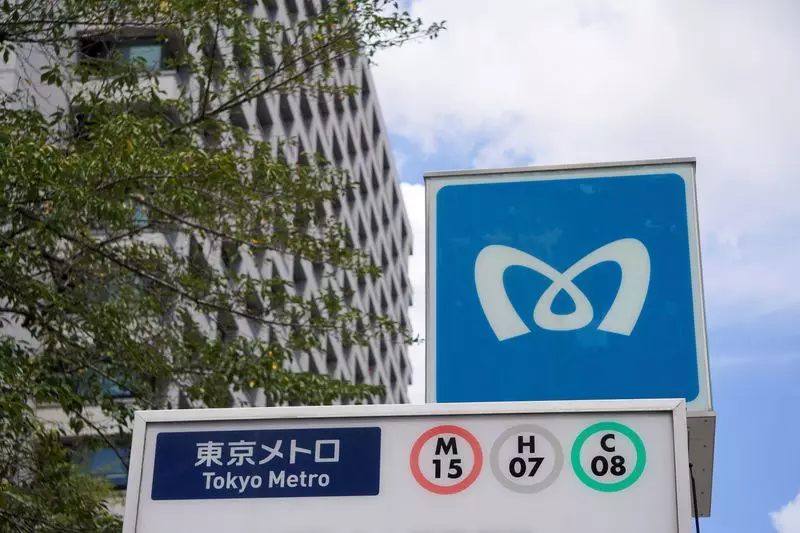Tokyo Metro is on the verge of a remarkable financial event as it gears up for its initial public offering (IPO), set to raise approximately 348.6 billion yen (equivalent to about $2.3 billion). This development marks the largest IPO in Japan in six years, signaling a renewed interest in the Japanese market from investors. According to reports, the offering was oversubscribed by more than 15 times, showcasing strong demand, particularly among retail investors attracted by the company’s established reputation. By pricing shares at 1,200 yen, the IPO sits at the upper end of its targeted range between 1,100 and 1,200 yen.
High Demand and Investor Engagement
An impressive aspect of this IPO is its overwhelming reception from retail investors, who accounted for nearly 80% of the offering. The shares allocated to these investors were oversubscribed approximately ten times, highlighting the attractiveness of Tokyo Metro as a stable investment in the public transportation sector. Additionally, institutional investors, both domestic and international, showed significant interest, with their allotted shares attracting oversubscription rates of more than 20 and 30 times, respectively.
This enthusiasm reflects a broader trend among investors who are increasingly recognizing the value of stable companies with reliable dividends. The allure of Tokyo Metro’s anticipated dividend yield of 3.3%, projected based on a forecast dividend of 40 yen per share for the financial year ending in March 2025, underscores this interest. Analyst Kazumi Tanaka notes that this yield stands out favorably compared to other railroads and private companies within the region.
Government Stake and Market Implications
The IPO carries substantial implications not only for Tokyo Metro but also for investor sentiment in Japan’s stock market. The central government, which holds a 53.4% stake, and the Tokyo Metropolitan Government with 46.6%, are divesting half of their shares through this offering. This divestment plays a dual role: it reduces public ownership while simultaneously increasing the private investment base, potentially leading to greater operational flexibility for Tokyo Metro in the long term.
The landscape surrounding Tokyo Metro’s IPO is also notable because it coincides with efforts from other companies to go public. For instance, Rigaku, a manufacturer backed by Carlyle Group, has plans for its IPO within the same month. Conversely, the IPO ambitions of Bain Capital’s chipmaker Kioxia were curtailed due to investor demands for a lower valuation. This climate of competing IPO activity reveals a dynamic and evolving investment environment in Japan.
Tokyo Metro’s upcoming IPO represents not just a financial milestone for the company, but also a crucial juncture for Japan’s economic landscape. As investors gravitate towards reliable and dividend-yielding opportunities, this move can bolster Tokyo Metro’s position in the market while fostering potential growth from increasing inbound traffic, particularly in the wake of revitalized tourism. The developments surrounding this IPO set the stage for renewed confidence in Japan’s equities market and may encourage similar undertakings from other established firms in the near future.

